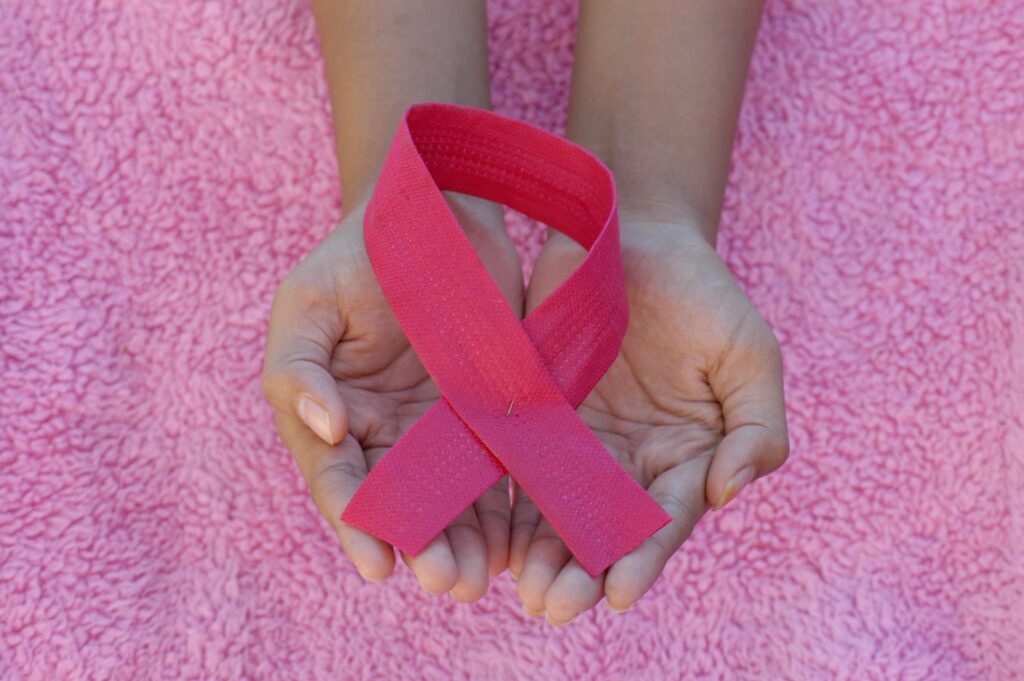In the previous blog, we delved into the devastating effects of childhood cancer on families, highlighting how the emotional and financial strains can disrupt their lives profoundly. As explored in the New York Times, families are often overwhelmed by the multifaceted challenges that come with a child’s cancer diagnosis, leaving them grappling with fear, uncertainty, and significant financial burdens.
The mental health impact of a cancer diagnosis extends beyond the individual patient, deeply affecting their entire family. In my 25 years as a radiation therapist, I have seen firsthand how the psychological ramifications ripple through families, creating a complex web of emotional struggles. The anxiety, depression, and stress experienced by patients are often mirrored by their loved ones, who feel helpless in the face of such a formidable foe.
According to a Washington Post article, cancer diagnoses can trigger profound psychological effects, not just for patients but also for their families. The constant presence of fear and uncertainty, combined with the exhausting demands of treatment and caregiving, can lead to significant mental health challenges. Patients may experience anxiety and depression as they confront their mortality and the grueling journey of treatment. Meanwhile, family members, especially primary caregivers, often endure chronic stress, guilt, and emotional fatigue.
In the clinic, I have witnessed these mental health struggles up close. Families come in with a brave face, but beneath the surface, the emotional toll is evident. Spouses and parents often express feelings of helplessness and isolation, struggling to balance their roles as caregivers with their own need for support. Children of cancer patients may develop anxiety or depression, grappling with the fear of losing a parent and the changes in family dynamics.
One particular family that stands out in my memory is that of a patient named John, a middle-aged father diagnosed with advanced lung cancer. John’s wife, Sarah, became his primary caregiver while trying to maintain her job and care for their two young children. The psychological strain on Sarah was immense; she often confided in me about her sleepless nights, constant worry, and feelings of isolation. Their children, too, exhibited signs of anxiety and behavioral changes, reflecting the stress within the household.
John’s journey and his family’s struggles underscore the need for comprehensive mental health support as part of cancer care. Unfortunately, mental health services are often insufficiently integrated into oncology treatment plans. Families need more than just medical care; they need counseling, support groups, and resources to help them navigate the emotional labyrinth that cancer creates.
As we continue this blog series, I aim to shine a light on the stories of those affected by cancer, advocating for a more holistic approach to cancer care—one that includes robust mental health support for both patients and their families. By sharing these experiences, I hope to foster greater awareness and understanding, encouraging changes that will support the emotional and psychological well-being of all those touched by cancer.
In the upcoming entries, I will explore further aspects of the cancer journey, including the vital role of caregivers and the broader implications for our healthcare system. Through these reflections, I aspire to honor the incredible resilience of those I have been privileged to serve and to inspire action toward a more compassionate and comprehensive approach to cancer care.












